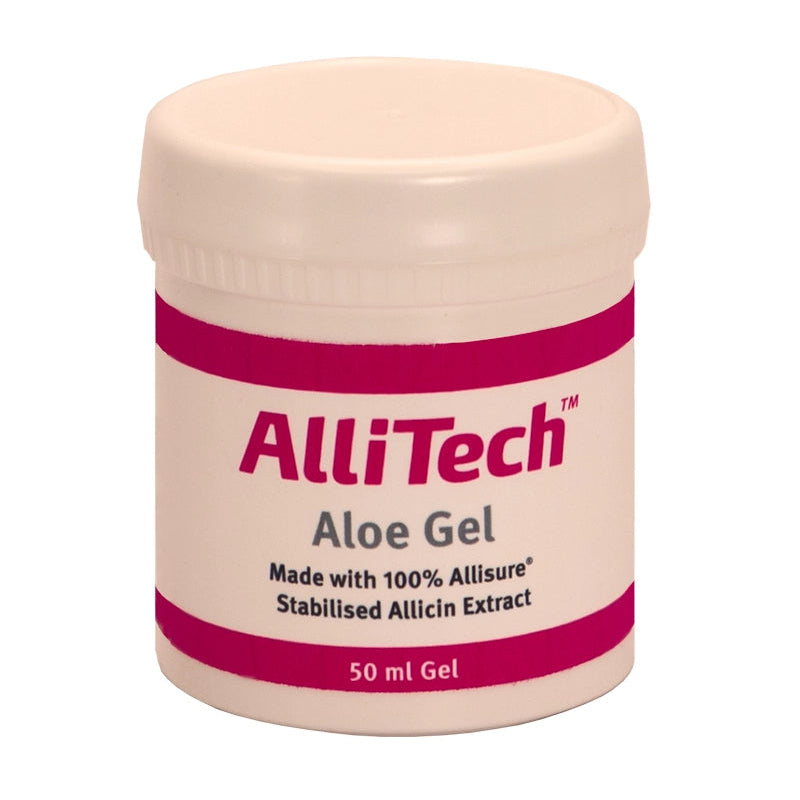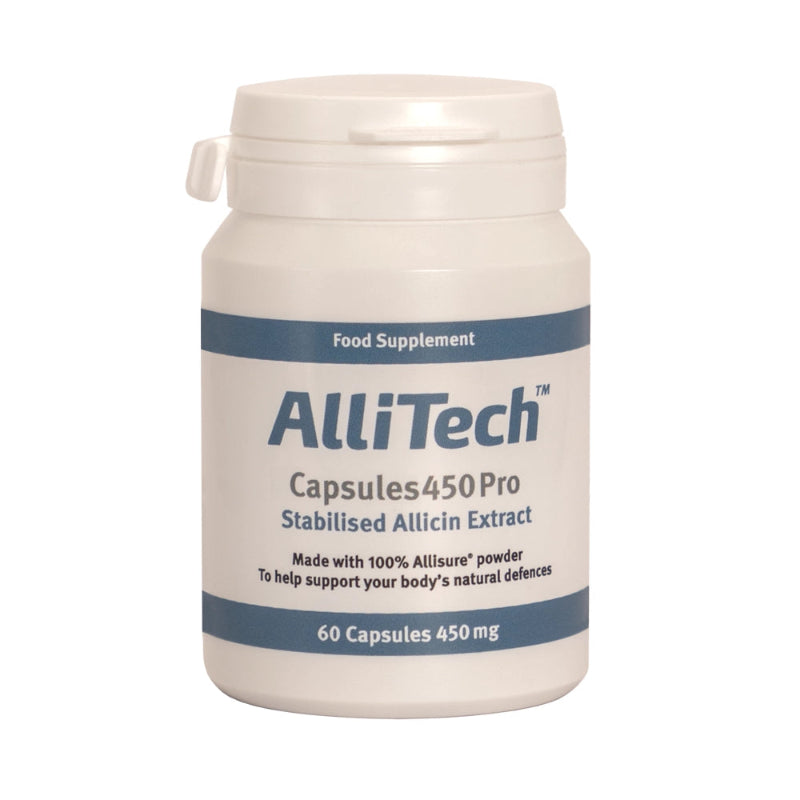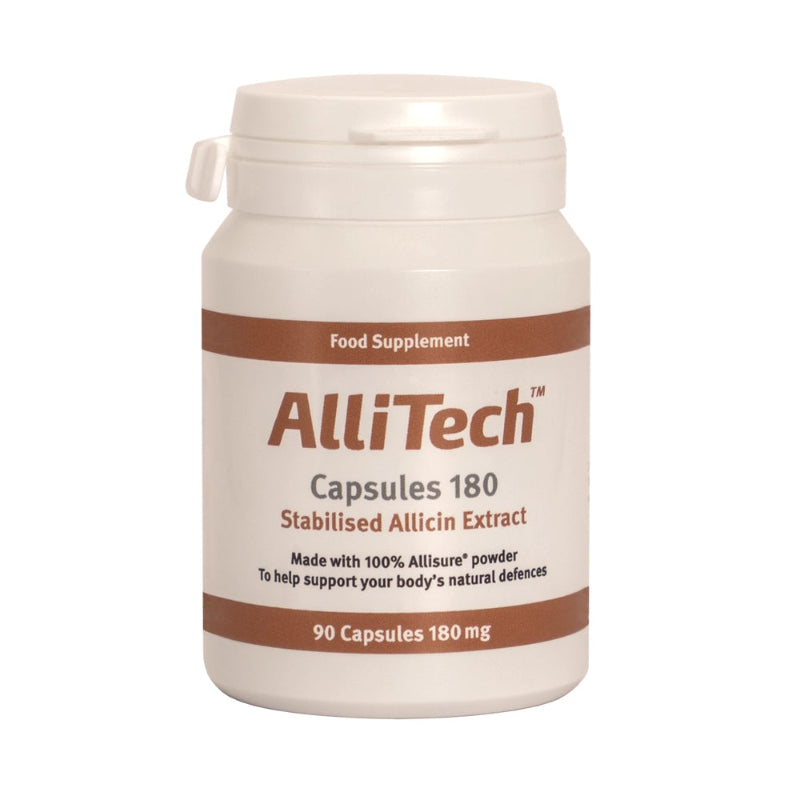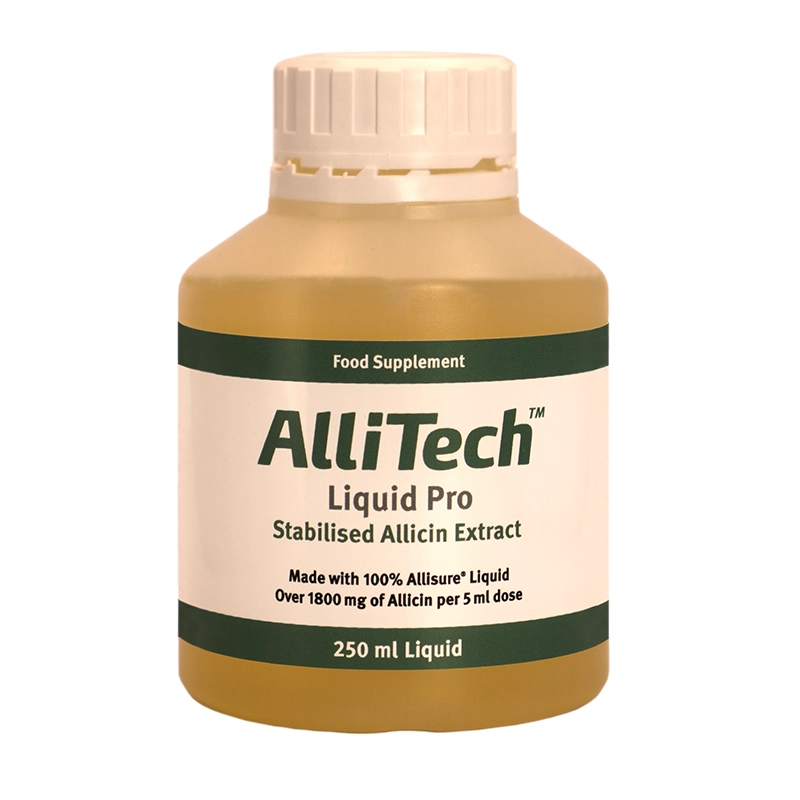In recent years, there has been a noticeable surge in interest towards natural health remedies. More and more individuals are looking for ways to support their immune system and wellbeing using nature’s pharmacy. One of the key drivers behind this trend is growing concern over antibiotic resistance, a global health issue where bacteria evolve to withstand conventional antibiotic treatments. People are increasingly aware that overuse and misuse of pharmaceutical antibiotics can reduce their effectiveness, leading them to explore alternative or complementary approaches.
At the same time, herbal medicine has been used for thousands of years across cultures. Long before modern antibiotics existed, people relied on plants, roots, and natural extracts to fight infections, heal wounds, and boost immunity. Today, scientific research is starting to validate some of these traditional remedies, making them even more appealing to those seeking holistic health solutions.
What do we mean by “herbal antibiotics”?
Herbal antibiotics are natural plant-based substances that have been shown to possess antimicrobial activity. This means they can help combat harmful microorganisms such as bacteria, viruses, and fungi. Unlike pharmaceutical antibiotics, which typically target specific bacterial strains, many herbal remedies have broad-spectrum properties, meaning they may work against a variety of pathogens while also supporting the body’s natural defences.
Common examples include garlic (with its active compound allicin), oregano oil, echinacea, and goldenseal, all plants with a history of use for their antimicrobial effects. However, it is important to note that “antibiotic” in this context does not mean an exact replacement for prescription medication.
A word of caution
While herbal antibiotics can be a valuable addition to your health routine, they should never replace conventional antibiotics or medical care when facing serious or life-threatening infections. Conditions such as sepsis, pneumonia, kidney infections, or meningitis require immediate medical attention. Herbal remedies are best used as supportive tools, particularly for mild infections, immune support, or as part of a broader wellness approach. Always consult with a qualified healthcare professional before starting any herbal treatment, especially if you are pregnant, breastfeeding, have an existing health condition, or are taking medications.
What Makes a Herb an ‘Antibiotic’?

When we talk about herbal antibiotics, we are referring to plants or plant-derived compounds that can help the body combat infections. But how do they actually work? Understanding their mechanisms can help explain why they have been valued for centuries and why they are still used today as part of natural health practices.
Antibacterial action
Some herbs contain compounds that can kill bacteria directly or inhibit their growth and reproduction. This means they may help reduce bacterial load in the body, preventing mild infections from worsening. For example, berberine (found in goldenseal) has been shown to interfere with bacterial cell walls and metabolism, making it difficult for bacteria to survive.
Antiviral action
Certain herbal compounds can disrupt the replication cycle of viruses. While pharmaceutical antivirals are limited and highly targeted, some herbs offer general antiviral support by blocking virus attachment, entry, or replication within human cells. Echinacea, for instance, is believed to stimulate the immune system and may help reduce the severity and duration of viral infections like colds and flu.
Antifungal action
Fungal infections, such as candida overgrowth or athlete’s foot, can also be addressed using herbal remedies. Some herbs contain antifungal agents that damage fungal cell membranes or disrupt their growth. Oregano oil, rich in carvacrol and thymol, is a well-known example with both antifungal and antibacterial properties.
Immune-boosting properties
Many herbs do not just fight pathogens directly, they also support the immune system, helping the body defend itself more effectively. Echinacea and elderberry are commonly used for their immune-modulating effects, helping to prime immune cells to respond to infections.
Broad-spectrum activity of herbs
Unlike pharmaceutical antibiotics, which usually target a narrow range of bacteria, many herbs act on a broader spectrum of microbes. This means they can exert antibacterial, antiviral, and antifungal effects simultaneously. Additionally, they often come with antioxidant and anti-inflammatory benefits, offering holistic support to the body during illness.
Allicin: a powerful example
Allicin, the active compound in garlic, is a standout example of a broad-spectrum herbal antibiotic. When garlic is crushed or chopped, an enzymatic reaction produces allicin, a sulphur-containing compound with potent antimicrobial activity. Research shows that allicin can kill or inhibit bacteria, disrupt fungal growth, and even reduce viral activity. It works by interfering with enzymes that microbes rely on for survival. However, raw allicin is unstable and breaks down quickly, which is why stabilised allicin supplements like AlliTech are valued for delivering consistent, reliable doses.
Top Herbal Antibiotics and Their Uses

Here is a closer look at some of the most effective and well-known herbal antibiotics, including how they work, their traditional and modern uses, supporting research, and important cautions.
✅ Garlic (Allicin)
Garlic has been used as a medicinal plant for thousands of years. Its power lies largely in allicin, a sulphur-containing compound produced when garlic is crushed or chopped. Allicin has been shown in both laboratory and clinical research to have potent antibacterial, antifungal, and antiviral effects, working by disrupting the enzymes that microbes need to survive.
Traditional and modern uses: Garlic has long been used to help with colds, flu, chest infections, gut disturbances, and even skin infections or wounds. It is valued for its broad-spectrum antimicrobial and immune-supporting effects.
Supplement option: Raw garlic can be harsh on the stomach, and allicin breaks down quickly. That is why stabilised allicin supplements like AlliTech are popular, providing a concentrated, consistent dose of garlic’s active compound without the odour or digestive upset.
✅ Echinacea
Echinacea is a flowering plant widely used to stimulate the immune system. Studies suggest it may increase white blood cell activity, helping the body fend off infections, particularly viral ones.
Traditional and modern uses: Commonly used at the onset of colds, flu, and upper respiratory tract infections, echinacea is thought to reduce symptom severity and duration.
Cautions: Best used for short-term support only, as long-term or excessive use may overstimulate the immune system. Those with autoimmune conditions should seek medical advice before using.
✅ Goldenseal (Berberine)
Goldenseal contains berberine, a bright yellow alkaloid known for its antimicrobial activity. Berberine has been shown to be effective against bacteria, fungi, and even protozoa by disrupting their metabolism and ability to replicate.
Traditional and modern uses: Historically used for digestive infections, diarrhoea, urinary tract infections, and skin conditions like eczema and wounds.
Cautions: Should be avoided during pregnancy, as berberine can stimulate uterine contractions. It may also interact with liver enzymes and medications, so medical supervision is advised.
✅ Oregano (Oil of Oregano, Carvacrol)
Oregano oil is packed with carvacrol and thymol, compounds with strong antibacterial, antiviral, and antifungal properties. They work by breaking down microbial cell membranes and disrupting biofilms.
Traditional and modern uses: Often used for respiratory conditions (like coughs and bronchitis), gut infections, candida overgrowth, and even skin conditions.
Cautions: Oregano oil is highly concentrated and should never be ingested undiluted. It is best taken as a supplement or used diluted in carrier oil for topical applications. Caution is advised in pregnancy and with young children.
✅ Thyme
Thyme contains thymol, a powerful antimicrobial and antioxidant compound. It is particularly valued for its action on the respiratory system, helping to clear mucus and soothe infections.
Traditional and modern uses: Often used as a tea or extract to ease coughs, sore throats, bronchitis, and chest congestion. Its antiseptic properties also make it useful in mouthwashes or gargles.
Cautions: Generally safe when used as a culinary herb or in herbal teas, but concentrated oils or extracts should be used with care.
✅ Manuka Honey
Although not technically a herb, Manuka honey deserves mention for its unique antibacterial activity, thanks to its methylglyoxal (MGO) content. It has been shown to be effective against antibiotic-resistant bacteria and is often used in wound care.
Traditional and modern uses: Applied topically to wounds, ulcers, and burns, or taken internally for sore throats and mild digestive issues.
Cautions: Only medical-grade Manuka honey should be used for wound care. Those with diabetes should monitor blood sugar levels when consuming honey.
✅ Turmeric (Curcumin)
Turmeric’s active compound, curcumin, offers antimicrobial, anti-inflammatory, and antioxidant properties. While it may not be as directly antibacterial as other herbs, it plays an important role in supporting the body’s defences and reducing inflammation during infections.
Traditional and modern uses: Used for skin issues, gut health, and respiratory infections. Turmeric is often combined with black pepper (containing piperine) to enhance curcumin absorption.
Cautions: Generally safe as a food, but high-dose supplements may interact with blood thinners and should be used under medical advice.
| Herb | Active Compounds | Uses | Cautions |
|---|---|---|---|
| Garlic (Allicin) | Allicin | Immune, gut, respiratory | Avoid excessive raw intake |
| Oregano | Carvacrol, thymol | Gut, respiratory, skin | Use diluted, caution in pregnancy |
| Echinacea | Polysaccharides | Colds, flu | Short-term only |
| Goldenseal | Berberine | Gut, skin | Avoid in pregnancy |
How to Use Herbal Antibiotics Safely

Herbal antibiotics can offer powerful natural support, but they must be used carefully and responsibly. While many of these herbs are safe when consumed as part of a normal diet, they become much more potent when concentrated into extracts, tinctures, oils, or supplements. To get the benefits while avoiding potential risks, it is essential to follow some key safety guidelines.
Proper dosage matters
One of the biggest misconceptions about herbal remedies is that “natural” always means “safe.” However, the dose makes the difference between a helpful remedy and a harmful one. For example, using garlic in cooking is entirely safe for most people, but high doses of garlic supplements or stabilised allicin extracts (such as AlliTech) have much stronger effects and need to be used with care. Similarly, essential oils like oregano oil are far too concentrated to take internally without proper dilution or formulation.
Seek professional guidance
If you have any chronic health conditions, are taking medications, or are pregnant or breastfeeding, it is vital to consult a healthcare practitioner before using herbal antibiotics. Some herbs can interact with medications (for example, goldenseal can affect liver enzymes), and others are not suitable during pregnancy or for young children. A qualified herbalist, naturopath, or doctor can help you determine what is safe and appropriate for your situation.
Do not mix with pharmaceutical antibiotics without guidance
Combining herbal antibiotics with prescription antibiotics can sometimes enhance effects, but it can also lead to unwanted interactions or side effects. For example, some herbs may alter how drugs are metabolised or excreted in the body. Always discuss any herbal products you are using with your doctor or pharmacist, especially if you are undergoing treatment for an active infection.
Prevention is as important as treatment
One of the greatest strengths of herbal medicine is its ability to support the immune system and overall health, helping to prevent infections from taking hold in the first place. Incorporating immune-boosting herbs such as garlic, echinacea, turmeric, and thyme into your routine, whether through diet or targeted supplementation, can help strengthen your body’s defences and reduce your risk of falling ill.
Used wisely, herbal antibiotics can be valuable allies in maintaining health, but they are not substitutes for medical care when needed. Responsible use is key to getting the best results while keeping yourself safe.
When NOT to Rely on Herbal Antibiotics
While herbal antibiotics can be valuable tools for supporting health, it is crucial to understand their limits. There are times when only prompt medical treatment can save your health or even your life, and relying solely on natural remedies in these situations can be dangerous or even fatal.
When medical help is essential
Certain infections are too severe or fast-moving to be managed with herbs alone. If you experience any of the following, seek urgent medical care:
-
High or persistent fever (especially above 39°C)
-
Signs of sepsis (such as confusion, rapid breathing, very low or very high blood pressure, cold extremities, or a rapid heart rate)
-
Severe pneumonia (shortness of breath, chest pain, bluish lips or fingertips)
-
Kidney infection (flank or back pain, fever, chills, nausea, painful urination)
-
Meningitis symptoms (severe headache, neck stiffness, light sensitivity, vomiting, altered mental state)
In these cases, pharmaceutical antibiotics, hospital care, and sometimes intravenous treatment are not optional they are lifesaving.
Herbal antibiotics as supportive tools
Herbal remedies can be excellent for mild infections, early-stage symptoms, or as preventative measures to boost immune resilience. They can also be used alongside prescribed treatments to help recovery (with a doctor’s approval). But they should never be viewed as a replacement for conventional medical treatment when serious bacterial infections are present.
The problem of antibiotic resistance
Antibiotic resistance is often associated with pharmaceutical drugs, but it is important to understand that herbs, too, can contribute to this issue if misused. Bacteria are adaptable and can develop resistance mechanisms not only against synthetic drugs but also against natural antimicrobial compounds. Overusing or underdosing herbal antibiotics, or using them when not needed, may encourage the growth of resistant strains, making both herbal and conventional treatments less effective over time.
In summary, herbal antibiotics are best thought of as part of a bigger health toolkit, not as stand-alone cures. Knowing when to use them and when to turn to medical professionals is key to staying safe and promoting long-term health.
AlliTech – Harnessing Garlic’s Natural Power
A remarkable example of herbal antibiotic power in action is AlliTech, a specialised garlic supplement developed to deliver the benefits of allicin in a reliable and concentrated form.
When garlic is freshly crushed or chopped, an enzymatic reaction produces allicin, the compound responsible for garlic’s distinctive smell and its potent antimicrobial activity. Allicin has been shown to disrupt the enzymes essential for bacteria, fungi, and viruses, making it a powerful broad-spectrum natural antimicrobial. However, there is a challenge: allicin is highly unstable. It degrades quickly when exposed to heat, stomach acid, or even the air, meaning that eating raw garlic or using garlic powder will not deliver meaningful or consistent levels of allicin.
This is where AlliTech comes in. AlliTech is a stabilised allicin supplement that captures pure allicin in a bioavailable form, making it possible to harness garlic’s natural power without the need to consume large amounts of raw garlic. By providing a measured dose of stabilised allicin, AlliTech offers a practical and reliable way to support immune health, fight respiratory infections, and promote gut health.
Dulwich Health, the company behind AlliTech, has been a trusted name in natural health solutions since 1986, serving over 30,000 customers. Known for their commitment to quality, research-based products, and customer care, Dulwich Health has built a reputation as a leader in providing natural remedies that work both independently and alongside conventional treatments.
AlliTech stands as a case study of how ancient remedies can meet modern science, offering people an evidence-backed, natural option for supporting their health in today’s world.
Frequently Asked Questions about Herbal Antibiotics
1. What are herbal antibiotics?
Herbal antibiotics are plant-derived compounds or extracts that exhibit antimicrobial properties, meaning they can kill or inhibit the growth of bacteria, fungi, or other microorganisms. They have been used for centuries in traditional medicine systems around the world.
2. How do herbal antibiotics differ from pharmaceutical antibiotics?
While both aim to combat infections, pharmaceutical antibiotics are typically synthetic compounds designed to target specific bacterial mechanisms. Herbal antibiotics often contain a complex mix of compounds that can act in various ways, potentially offering broader or synergistic effects. However, their potency, dosage, and mechanisms are generally less standardised and understood than conventional drugs.
3. Are herbal antibiotics as effective as conventional antibiotics?
The effectiveness of herbal antibiotics can vary greatly depending on the herb, the type of infection, and the individual. While some herbs show promising antimicrobial activity in laboratory studies, their efficacy in treating human infections is often less thoroughly researched compared to pharmaceutical antibiotics. For serious or life-threatening infections, conventional antibiotics are typically the more proven and reliable treatment.
4. Can I use herbal antibiotics instead of prescribed antibiotics?
It is crucially important to consult a healthcare professional before attempting to use herbal antibiotics as a substitute for prescribed medication, especially for serious infections. Self-treating with herbal remedies can be dangerous if the infection is severe, misdiagnosed, or if the herbal remedy interacts negatively with other medications.
5. What are some common herbs with antibiotic properties?
Common herbs include:
- Garlic (Allium sativum): Contains allicin, broad-spectrum antibacterial.
- Manuka Honey: Not a herb but notable for antibacterial effects.
- Oregano oil: Rich in carvacrol, potent antimicrobial.
- Ginger: Antibacterial and anti-inflammatory.
- Echinacea: Supports immune system and combats infections.
- Myrrh: Effective against various pathogens.
- Clove: Essential oil with strong antibacterial action.
6. Are herbal antibiotics safe? Do they have side effects?
Just because something is "natural" does not mean it is risk-free. Herbal antibiotics can cause side effects, especially in large doses, long-term use, or when interacting with medications. Side effects can range from mild digestive upset to liver issues or increased bleeding risk. Always research specific herbs and consult a healthcare provider.
7. Can herbal antibiotics cause antibiotic resistance?
Overuse or improper use of any antimicrobial agent, including herbal ones, could contribute to microbial resistance. Some researchers believe the complex chemical makeup of herbs may make it harder for bacteria to develop resistance, but more research is needed.
8. Can I take herbal antibiotics with other medications?
Herbal antibiotics can interact with prescription drugs, altering their effects or increasing side effects. For example, St. John's Wort interacts with blood thinners, contraceptives, and antidepressants. Always inform your doctor or pharmacist about any herbal supplements you are using.
9. How should I choose and use herbal antibiotics?
Consult a qualified herbalist or healthcare professional for guidance. Choose reputable sources with quality assurance, start with low doses, and monitor your body’s response. Do not self-diagnose serious infections — seek medical help if symptoms worsen.
10. What is the difference between herbal medicine and homeopathy?
Herbal medicine uses concentrated extracts of plants with direct physiological effects. Homeopathy uses highly diluted substances based on "like cures like" to stimulate the body's healing response. They are distinct systems with different principles and approaches.
Get the Support You Need
Nature offers us a remarkable range of herbal antibiotics that can support immune health, fight mild infections, and promote overall wellbeing. From garlic’s allicin to oregano’s carvacrol, these plant-based compounds have stood the test of time and continue to earn scientific attention today.
However, it is vital to remember that herbal antibiotics are best used as supportive tools, not replacements for professional medical care when facing serious illness. Used wisely and responsibly, they can form part of a well-rounded approach to health.
If you are interested in exploring natural solutions backed by decades of expertise, we invite you to discover Dulwich Health’s range of trusted products, including AlliTech, a high-quality, stabilised allicin supplement. Since 1986, Dulwich Health has been committed to helping over 30,000 customers worldwide achieve better health naturally.
👉 Visit Dulwich Health today to learn more and take the next step on your natural health journey.
Research References
Key scientific and clinical sources that informed this article.
Garlic / Allicin (Broad-Spectrum Antimicrobial)
Antimicrobial properties of garlic-derived compounds
Garlic extract activity against E. coli, Salmonella & Staph
Overview of garlic’s antimicrobial and medicinal actions
Bioactive effects of allicin and related sulphur compounds
Oregano Oil (Carvacrol & Thymol)
Antimicrobial and antioxidant effects of oregano oil
Carvacrol and thymol antimicrobial mechanisms
Echinacea (Immune Modulating & Antiviral)
Echinacea’s effects on immune cell function
Antiviral activity and immunomodulatory actions of Echinacea
Goldenseal / Berberine
Berberine: antimicrobial and therapeutic properties
Goldenseal and berberine pharmacological review
Thyme (Thymol)
Thymol antimicrobial activity and biological effects
Thyme essential oil as an antibacterial agent
Manuka Honey (MGO Antibacterial Power)
Manuka honey antibacterial activity and mechanisms
Methylglyoxal (MGO) as the active antimicrobial component
Turmeric / Curcumin
Curcumin’s antimicrobial and antioxidant properties
Curcumin and the modulation of immune and inflammatory pathways
General Herbal Antibiotic Mechanisms & Antimicrobial Evidence
Overview of botanical antimicrobial mechanisms
Plant-based antimicrobials: activity and therapeutic potential





